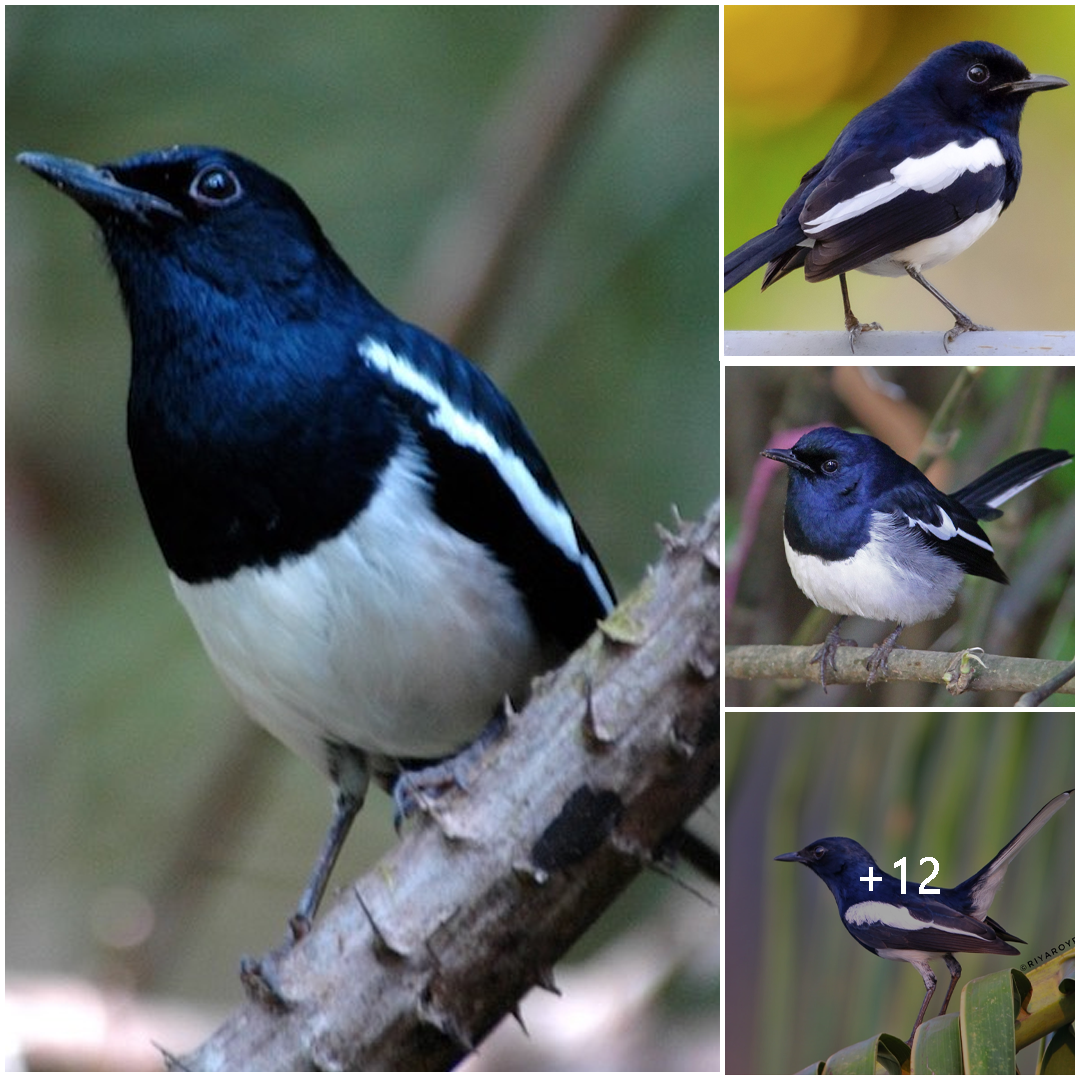
Analyzing the Behavioral Repertoire and Lifestyle of the Magpie Robin
The Magpie Robin, with its distinctive black and white plumage and melodious song, is a species of bird known for its fascinating behavior and lifestyle. In this analysis, we delve into the behavioral repertoire and lifestyle of the Magpie Robin, exploring its ecological niche, breeding habits, and social dynamics.
Ecological Niche: Magpie Robins are commonly found in a variety of habitats ranging from forests and woodlands to urban gardens and parks across Asia. They are adaptable birds, capable of thriving in diverse environments. Their omnivorous diet includes insects, fruits, seeds, and small vertebrates, allowing them to exploit a wide range of food sources.
Breeding Habits: During the breeding season, which varies depending on the region, Magpie Robins engage in courtship rituals to attract mates. Male Magpie Robins showcase their singing prowess and perform elaborate displays to court females. Once a pair has formed, they work together to build a nest, typically in a concealed location such as a tree hollow or dense vegetation. The female lays a clutch of eggs, which she incubates while the male provides food and defends the territory.
Social Dynamics: Magpie Robins are primarily monogamous, with mated pairs forming strong bonds that often last beyond the breeding season. They defend their territories vigorously against intruders, using vocalizations and displays to deter rivals. However, outside of the breeding season, Magpie Robins may form loose aggregations, particularly in areas with abundant food resources.
Parental Care: Both male and female Magpie Robins participate in raising their offspring. They take turns incubating the eggs and feeding the chicks once they hatch. The parents work tirelessly to gather food and protect the nest from potential predators. As the chicks grow, they learn essential survival skills from their parents, including foraging techniques and predator avoidance strategies.
Communication: Communication plays a vital role in the social interactions of Magpie Robins. Their songs, characterized by melodious whistles and trills, serve as territorial markers and courtship displays. Vocalizations also play a crucial role in maintaining contact between mates and coordinating cooperative behaviors within family groups.
Conservation Status: While Magpie Robins are not currently considered threatened, they face habitat loss and degradation due to urbanization and deforestation. Conservation efforts aimed at preserving their natural habitats and raising awareness about their ecological importance are essential for ensuring the long-term survival of this charismatic species.
In conclusion, the Magpie Robin’s behavioral repertoire and lifestyle exemplify the adaptability and resilience of avian life. Through their ecological niche, breeding habits, social dynamics, and communication strategies, Magpie Robins have carved out a successful existence in diverse environments across Asia. Understanding and appreciating the lifestyle of the Magpie Robin sheds light on the intricate interplay between birds and their ecosystems.





